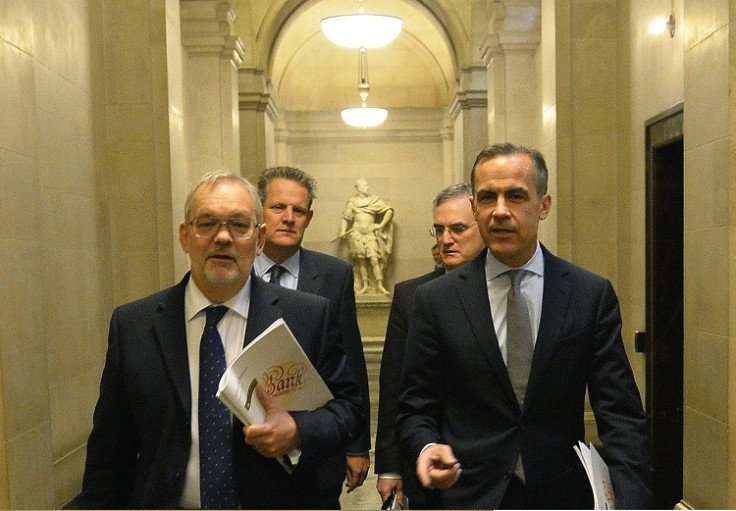Charlie Bean: Stronger Pound Hindering UK Exports Amid Unbalanced Recovery

Another Bank of England policymaker has raised concern about how a strengthening sterling could derail efforts to lift exports and rebalance the UK's recovering economy.
Charlie Bean, a deputy governor at the BoE who sits on the rate-setting monetary policy committee (MPC), noted that sterling had fallen in value by more than 25% during the financial crisis which should have driven up demand for British exports.
"Despite the slowdown in our main export markets, that should have been sufficient to give a kick to net exports," Bean said in a Darlington speech.
"The performance of exports – particularly exports of services – has, however, to date been somewhat disappointing.
"It may be that this is just a matter of time – for instance, we are starting to hear stories of businesses bringing back activities that they had previously off-shored to emerging economies.
"But any further appreciation of sterling, which has risen almost 10% in trade-weighted terms since March, would not be particularly helpful in terms of facilitating a rebalancing towards net exports."
Sterling has been hitting new highs against the US dollar and euro, currencies of two of the UK's key trading partners.
Bean's comments follow those of fellow MPC member Ian McCafferty who said a stronger sterling would be a good reason to delay hiking interest rates.
"I don't think to my mind at present [sterling is] a major problem for British exporters," said McCafferty.
"But were it to rise further ... then I think it is something we would need to study quite closely."
Chancellor George Osborne has targeted a £1tn value for UK exports by the end of the decade.
This is under his drive to rebalance the economy towards manufacturing and away from its reliance on services, which account for three quarters of GDP.
But he has admitted that the recovery, which saw the economy grow by 1.8% in 2013, is not yet balanced or sustainable as global demand for UK exports remains subdued.
The BoE's base rate is at a record-low of 0.5%. Policymakers said they would not raise interest rates until productivity picks up, incomes are no long in real terms decline, and the recovery looked to be secured.
A stronger sterling could delay any rise in interest rates.
© Copyright IBTimes 2025. All rights reserved.






















